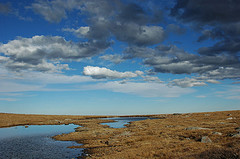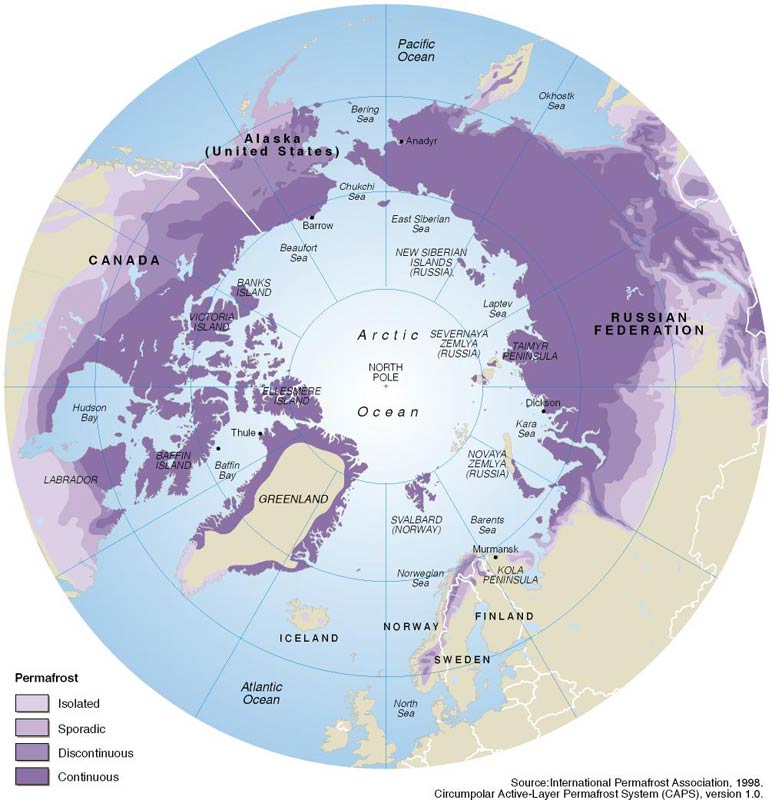Environmental issues are rising more than ever, it seems. From development of pipelines to salmon farming, we have to make sure that the environment is not getting pushed to the backburner.
The climate is warming, this is a fact. What we don’t know for a fact is how this warming of the climate is going to affect the earth and the organisms on it. For example, one thing people probably don’t think about is fish and how climate change could be affecting them. The climate is warming and therefore the ocean temperatures are rising. This could potentially decrease fish populations which also cause problems for fisheries around the world.
One way that fisheries can deal with this is by implementing harvest control rules, and by using flexible-date rather than fixed-date seasonal openings. Harvest control rules are a network of guidelines that protect certain species to some degree, based on their relative abundance during certain years or seasons. When these rules are adjusted to changing climates, fisheries can be more effective in protecting fish species. Flexible-date openings mean that fisheries adjust what time of the year they open and close, also based on changing climates. Therefore they can be more proactive in allowing fishing during the right water temperatures; for example, they can time fishing around spawning seasons more accurately.
In terms of fishery management B.C is doing well, but there is still room for improvement. Michael C. Melnychuk, a visiting scientist at UBC who is a researcher in fisheries science at the University of Washington, talks to a group of UBC students about the current state of fisheries worldwide and what they can do to be improving. His research involves collecting data on fisheries around the world and comparing their management systems, and how effective they are in terms of working with climate change and unpredictabilities associated with fish stocks.
Here is what happened when a UBC student went to investigate:

video credit to Diane Mutabaruka, Shaun Ong, Chloe Bocker, Alysha Morden
Everyone is affected by the fishing industry, directly or not. Sam, a fisherman at Steveston in Richmond, was interviewed on popular radio show “Life at Work” from the Science 300 studio. He acknowledges that fishermen are, understandably, motivated by personal interest, which is why extra precautions need to be taken by the government and fisheries alike in monitoring and protecting fish populations. After all, Sam’s just trying to make a living. Here is what Sam said:
So, UBC students want to save the fish population so they can continue to eat their sushi and Sam the fisherman just wants to be able to fish where he wants when he wants. Unlike Sam, we want to save the fish! Climate change is happening and we are not entirely sure how to control it. Management strategies however are something we can control. This is why we believe that management strategies are the way to go in helping to save the fish populations.
-B.C. Environmental Activists



